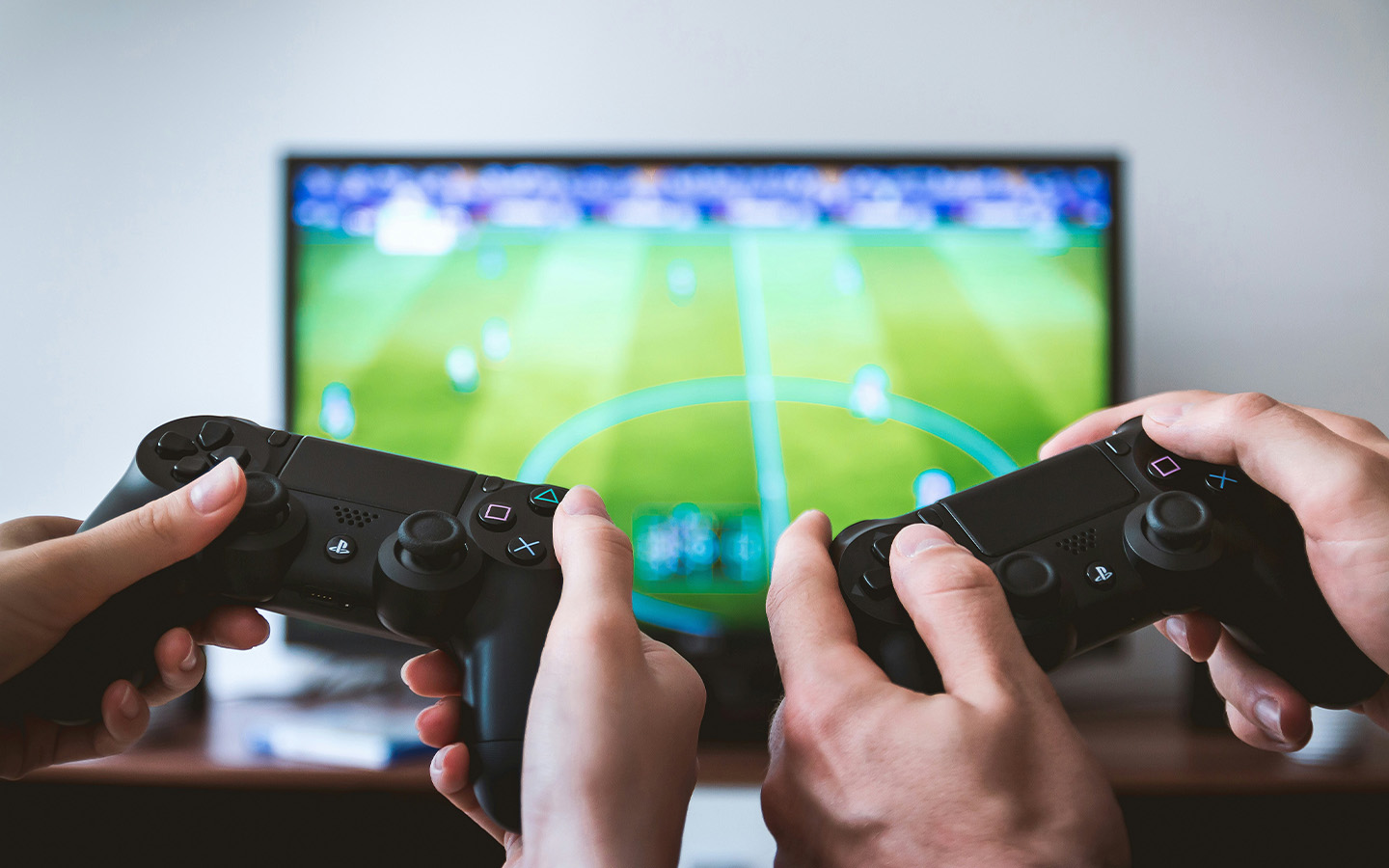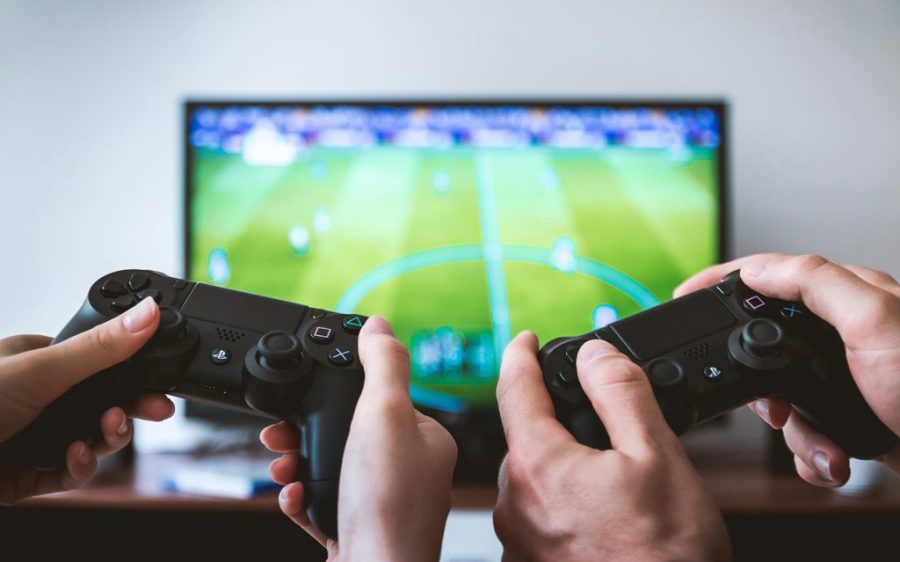Research conducted in Japan during the height of Covid-19, between December 2020 to March 2022, found that even just owning a gaming console increased life satisfaction and reduced psychological distress. That’s according to a report in Nature Human Behaviour.
Previous studies have looked at the effects of gaming on addiction, well-being, cognitive function and aggression with mixed results. Paper co-author Hiroyuki Egami, a behavioural scientist at Nihon University in Tokyo, noted that such observational studies make it difficult to determine cause and effect, and controlled laboratory settings aren’t necessarily applicable to the mental health effects of gaming in daily life.
Their study seized on a natural experiment: a shortage of Nintendo Switch and PlayStation 5 (PS5) consoles led retailers to set up a lottery system that randomly selected consumers who could purchase a console when it became available.
[See more: Experts discuss the future of video gaming at the BEYOND consumer tech summit]
The Japanese study looked at 8,192 people, between the ages of 10 and 69, who had entered the console lottery. Researchers collected information on participants’ mental health, video-game ownership and sociodemographic characteristics and sent out five rounds of surveys, including two checklists that measured psychological distress and life satisfaction. Participants also reported whether they had played video games over the past 30 days and, if so, for how long.
According to Nature Human Behaviour, participants who won the opportunity to purchase a console through the lottery reported a decline in psychological distress and greater life satisfaction than those who did not. Both consoles offered increased life satisfaction, with the portable, easy-to-use Switch offering greater boost in well-being to families and less experienced gamers while the TV-based, single-player Switch seemed more helpful for men, hardcore gamers and households without children.
An extra hour of daily gaming further improved mental health, although the benefits tapered off above three hours daily, findings that fit with decades of existing research on gaming. Whether the rest of the results can be applied more broadly remains to be seen. Andrew Przybylski, a psychologist who studies how video games influence players’ mental health at the University of Oxford, told Nature Human Behaviour that while the circumstances of Covid may have amplified the mental health benefits, the study still marks a first step toward demonstrating a causal link between gaming and mental health benefits.






